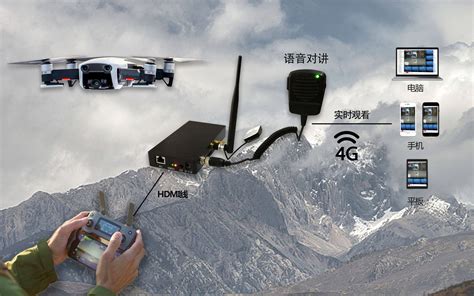Title: Understanding DJI Stock: Analysis, Performance, and Investment Outlook
Introduction to DJI Stock
DJI, or DaJiang Innovations, is a renowned Chinese technology company specializing in unmanned aerial vehicles, commonly known as drones. Founded in 2006 by Frank Wang, DJI has emerged as a global leader in the civilian drone and aerial imaging technology industry. Despite being a private company, there's often interest in its potential for public listing and investment opportunities. However, as of my last update, DJI remains a private entity, and thus, its stock is not available for public trading on any stock exchange.
Why DJI Stock Isn't Publicly Traded
Unlike many other prominent tech companies like Apple or Google, DJI has chosen to remain a private company. There are several reasons for this decision:
1.
Control and Flexibility:
Remaining private allows DJI's management to maintain greater control over the company's direction and operations. They don't have to answer to public shareholders and can focus on longterm strategies without the pressure of meeting quarterly earnings targets.
2.
Protection of Intellectual Property:
DJI invests heavily in research and development to maintain its competitive edge in the drone market. By staying private, the company can protect its intellectual property more effectively without having to disclose sensitive information to competitors.
3.
Avoiding ShortTerm Market Volatility:
Publicly traded companies are subject to market fluctuations, which can sometimes be driven by shortterm factors unrelated to the company's fundamentals. By staying private, DJI can avoid this volatility and focus on its core business objectives.
Investment Alternatives
While DJI stock isn't available for public trading, there are alternative investment options for those interested in the drone industry:

1.
Invest in Competing Companies:
Although DJI is a dominant player in the drone market, there are other publicly traded companies involved in similar businesses. Some examples include AeroVironment (AVAV), Parrot (PAOTF), and Ambarella (AMBA), which provide components for drones. Investing in these companies can offer exposure to the growing drone industry.
2.
Drone Industry ETFs:
Exchangetraded funds (ETFs) focused on the technology or aerospace sectors may include companies involved in drone technology. While these ETFs may not provide direct exposure to DJI, they can still offer diversified exposure to the broader industry.
3.
Monitor for IPO or Secondary Offerings:
Although DJI has remained private thus far, there's always a possibility that the company may choose to go public in the future through an initial public offering (IPO) or a secondary offering. Investors can monitor news and announcements from DJI for any updates on its public listing plans.
Conclusion
As of now, DJI stock is not publicly traded, as the company has opted to remain private. While this limits direct investment opportunities in DJI itself, investors can explore alternative options such as investing in competing companies, drone industry ETFs, or keeping an eye out for potential IPO or secondary offerings from DJI in the future. As with any investment decision, it's important to conduct thorough research and consider the potential risks and rewards before making any investment commitments.
